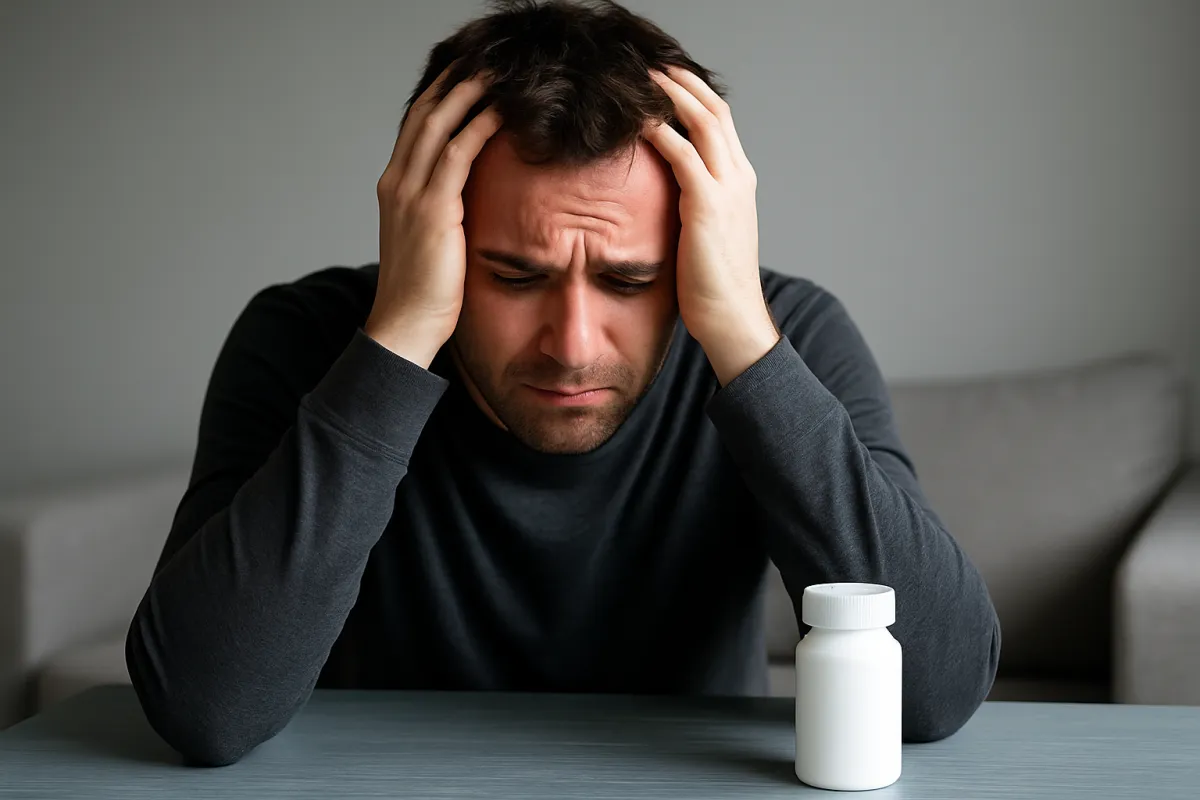
Depression
Healing Depression with Chinese Medicine: A Holistic Path to Emotional Balance
Depression is more than just sadness—it can feel like a loss of energy, motivation, purpose, or connection. It affects the mind, body, and spirit, often accompanied by fatigue, sleep problems, digestive issues, or a sense of emotional heaviness.
While Western medicine often relies on medication to manage depression, Traditional Chinese Medicine (TCM) offers a more integrated and individualized approach, addressing both the emotional and physical roots of imbalance.
Understanding Depression in Chinese Medicine
In TCM, emotional states are not separated from physical health. Depression is viewed as a sign of internal disharmony, often involving stagnation or deficiency in the flow of Qi (energy), blood, and the function of key organ systems:
Liver Qi Stagnation: The Liver governs the smooth flow of emotions and energy. When Liver Qi becomes blocked—often due to stress, frustration, or suppressed emotions—it can lead to mood swings, a sense of being stuck, chest tightness, and irritability.Heart and Spleen Deficiency: The Heart houses the Shen (spirit) and the Spleen governs thought and vitality. When both are weak, one may experience low mood, poor concentration, fatigue, and lack of interest in daily life.Kidney Deficiency: Long-term stress or trauma can weaken the Kidneys, leading to feelings of emptiness, hopelessness, or fear, especially in chronic or deep-rooted cases.
Depression can involve one or more of these patterns, and TCM practitioners diagnose based on the
unique constitution and symptom pattern of each individual.
How TCM Treats Depression
1. Acupuncture
Acupuncture helps regulate the nervous system, improve circulation of Qi and blood, and calm the Shen. Specific points are chosen to release emotional tension, lift energy, and restore inner balance. Many patients report a sense of calm and clarity after treatment.
2. Herbal Medicine
Customized Chinese herbal formulas are prescribed to move stagnant Qi, nourish the Heart and Spleen, or tonify the Kidneys. Herbal treatment supports both physical and emotional recovery and can be used safely alongside other therapies.
3. Lifestyle & Emotional Support
In TCM, healing involves aligning with natural rhythms—through food, movement, rest, and emotional expression. Patients are supported not just physically, but also through gentle guidance that honors the emotional journey of healing.
4. Integrating the ZiQia Self-Consistent System
At our clinic, we follow the
Self-Consistent Medicine System, developed by Dr. Pan Xiaochuan, which emphasizes coherence between mind, body, and environment. This allows us to create highly personalized treatments that help patients reconnect with themselves and the world around them.
A Holistic and Hopeful Path
Chinese medicine does not treat “depression” as a label—it treats the whole person. By restoring balance from within, it helps awaken clarity, resilience, and joy.
Whether you are feeling emotionally overwhelmed, drained, or disconnected, Chinese medicine offers a gentle, time-tested way to heal from the inside out.
